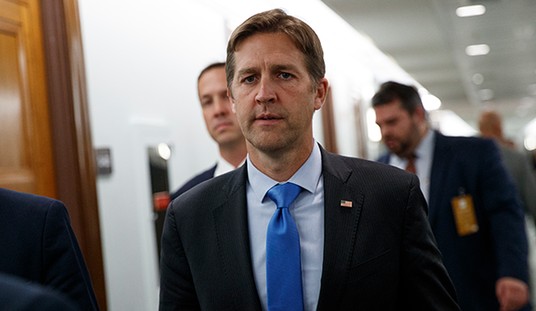The trickle of Cuban defectors who have made it to baseball’s Big Leagues the past few years is about to become a genuine flood — and pro ball is going to be the better for it.
The recent relaxation of rules by the Cuban government that allows their athletes to sign contracts and play for foreign teams means a potential bonanza for Major League Baseball. Scouts say that there at least a dozen players of varying ages who could be signed in the next few years. And their impact on the game is expected to be large.
The first “wave” of the Cuban invasion were defectors who took advantage of the Cuban national team’s entrance into international tournaments to arrange their escape. Cuban stars like Jose Contreras and Orlando Hernandez, known during his playing days as “El Duque” fled Cuba and found great success in MLB during the 1990’s.
More recent defectors include Chicago White Sox shortstop Alexei Ramirez, and Oakland’s power hitting outfielder Yoenis Cespedes. Last year, the defection of the Cuban sensation Yasiel Puig astonished baseball as he helped propel the Los Angeles Dodgers into the playoffs. This year’s best chance for a breakthrough star lies with 27 year old defector Jose Abreu who signed with the White Sox. Abreu had some eye opening years in Cuba hitting 35 home runs in 2011 in what amounts to half a major league season.
The process of defecting and finding their way to the US was a long, onerous journey. Loved ones in Cuba had to be left behind. Many times, the players arrived in the states with little more than the clothes on their back.
No longer. Now that Cuba has opened the door, MLB should see a wealth of talent from that island nation make an immediate impact in the Majors. Although clubs are able to sign players, they must jump through a lot of hoops to get him eligible to play here.
That Cuban ballplayers will have to pay taxes on foreign salaries isn’t going to fly with MLB salaries. Because of some things that happened a few decades back, the American government doesn’t like the idea of money going from U.S. soil to Cuba, and has laws in place to largely prevent it from happening. Just because Cuba has a new policy doesn’t mean Uncle Sam has to follow suit.
Another complication is the fact that the new policy prohibits Cuban ballplayers from severing ties with their native country. Part of the agreement is that ballplayers will still be required to fulfill playing commitments in Cuba.
That means being available for international tournaments and the Cuban National Series, and the latter’s season runs from November to April. The latter end of that window overlaps with spring training and the early days of the regular season in Major League Baseball.
No doubt the process will work itself out, eventually, In the meantime, ESPN highlights a few of the better prospects who may make it to our shores soon:
One of those players is Alfredo Despaigne, a powerful slugger who holds the record for the most home runs in a single Cuban season, with 36 in 90 games. In that same season, he also accumulated 105 RBIs and batted .326.
Together with Cespedes, Despaigne, who is 27 years old, formed one of the most powerful offensive pairings in the history of the Cuban National Series. Many experts consider him a much better hitter than Cespedes, although perhaps not as complete a player.
Another who dazzled onlookers during his participation in the 2013 World Baseball Classic is the second baseman Jose Miguel Fernandez. A left-handed batter and stellar fielder, he is called by many the Cuban Robinson Cano, because of his similarities with the great Dominican second baseman who played for the Yankees and just joined the Seattle Mariners.
Fernandez, who is 25, is the current batting champion, having won the title with an astronomical average of .393 in 2013. A good judge of pitches, the Matanzas second baseman is also a cold-blooded batter who seems to thrive under pressure, a quality reserved only for a chosen few.
The outfielder Yasmani Tomas, who plays for Industriales, the most famous team in Cuban baseball over the past five decades, is only 23 and has huge potential. Physically powerful like Yasiel Puig, Tomas thrives on fastballs, in the style of Gary Sheffield, although he needs to work on hitting breaking balls.
Tomas began the 2013 World Baseball Classic as a reserve player for the Cuban national team. But on the strength of his batting, he became a lineup fixture as the tournament progressed.
Cuba has a long, rich tradition of developing great ballplayers. For most of the past 50 years, they’ve been stuck playing in the rickety stadiums built by Batista during his dictatorship and before. Now Cuba’s best have a chance to shine on the biggest baseball stage of all.
If what we’ve seen from Cuban players so far is any indication, they won’t disappoint.










Join the conversation as a VIP Member